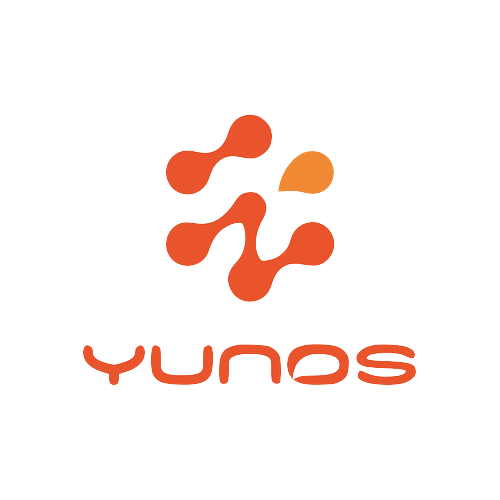Aliyun OS, or also called YunOS, is a Linux distribution developed by Alibaba. Designed initially to challenge Android's domination in China's market.
After three years under development, YunOS wanted to bring cloud functionality to mobile devices (the word ‘Yun’ means cloud). With unified accounts, the cloud services are available everywhere. YunOS also supports backing up system settings that can be accessed online from any other platform.
It also allows users to access applications from the web, rather than download apps to their devices.
According to Alibaba, the operating system is built with capabilities that Western-made operating systems have, including cloud-based email, web search, weather updates, and GPS navigation tools. The OS is also capable in identifying unwanted background programs/applications, set them low on priority and increase running speed of open apps, has a built-in system security app, a Senior mode for elder users, its own app store and more.
The first to use the OS was K-Touch W700. After a year after being launched into the public, YunOS was installed on more than 1 million smartphones.

"YunOS incorporates its own virtual machine, which is different from Android's Dalvik virtual machine," said Alibaba. The OS also has its own cloud app engine which supports HTML5 applications.
Alibaba has developed YunOS to work as an operating system beyond smartphones, to include: television set-top boxes, smart home appliances, tablets, internet-connected smart TVs, smart cars. A version was created to power a robot called “Pepper”.
While the OS was developed from the code-base of the Android Open Source Project, but according to Andy Rubin who was the founder of Android, YunOS is not part of the Android ecosystem, despite using runtimes, framework and various tools from Android. For that reason, Google didn't allow any of its partners in the Open Handset Alliance to manufacture phones using the OS.
In 2015, YunOS met criticisms. Following Chinese State Administration of Press, Publication, Radio, Film and Television's policy in 2015, dozens of third-party apps that were installed by users on their own YunOS set-top boxes were automatically removed and blocked from re-installation.
But still, the OS was able to pull ahead of Apple's iOS in 2016, and became one of the most popular OS in China's market.